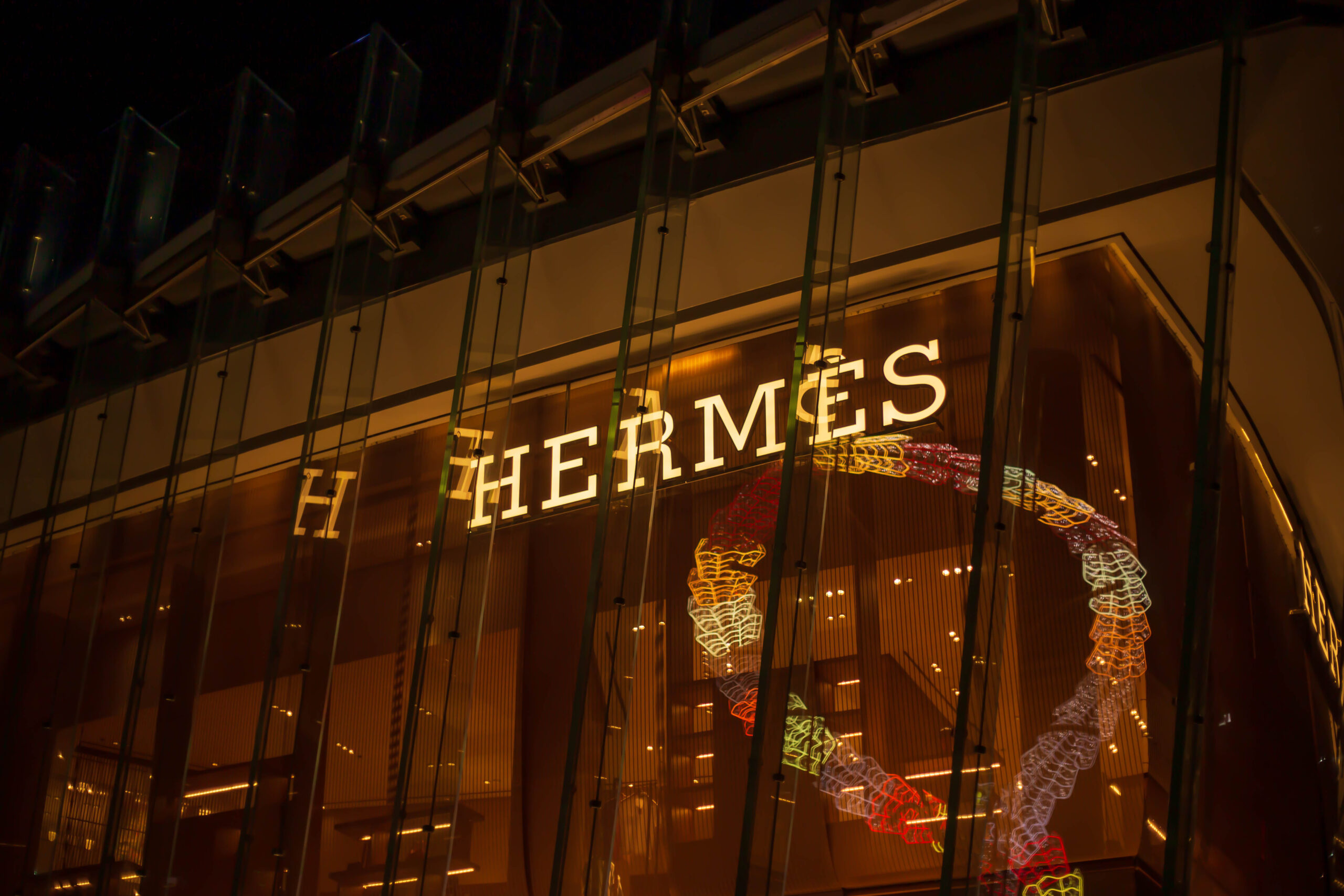This week, a glance into what it is like to be very rich. One of the themes of the last decade has been the resilience of the very well off to the ups and downs of the global economy and markets. My three things this week are some evidence that this trend is still very much in place. Hermes, the luxury goods maker, released its results this week. It is forecasting revenues of $13.5bn for 2023 – up from $6.9bn 4 years ago – with a 40% gross margin. It turns out the business of selling status is a pretty good one. The more expensive the handbag the bigger the kudos you get from carrying it. This creates a business where increasing your price actually increases your demand! As an example, I just googled “Birkin bag” and saw the advert below.

So much better than a plain old £10,000 handbag! Hermes (and the luxury goods sector as a whole) have been fabulous investments over the last decade. They are also a mainly European success story. The risk is that the next generation choose different ways to display status than the current one. But, for now, there is no sign of this happening yet.
So once we have our Hermes on board what else would the rich person want? A flat in London? A good university place for their children? Both these markets look to be going strong. As the chart below shows, rents for London properties have been rising again recently and are now up around 25% from their pre-pandemic levels. The resilience of London to the impact of Brexit on the financial sector has been remarkable. Also, the pandemic-driven exodus from large cities now looks to have been fully reversed. Working from home is becoming less popular with employers. I wouldn’t be surprised to see London office rents to start to rise as well.

Finally, education. Probably the most remarkable thing I saw this week was data from the New York Times showing admission rates for US Ivy League universities split by income decile for children with the same test scores. You can see that children from poorer backgrounds are more likely to be admitted than those from better off ones. This makes some sense to me as the better off kids will probably have been to better schools and have had more access to specialist tutoring. What is striking, however, is how much more likely you are to get in if your parents are very rich. The link here is, of course, college donations. I have heard anecdotally that around a $5m donation is enough to get your child off the waitlist and in to Harvard. This will be enough to make all but the super-rich feel very poor!

This is effect, affirmative action for the US elites to make sure they can stay at the top. There are plenty of reasons for us Europeans to be envious of our American friends today, but this part of the education system is not one of them.
For those that don’t know, I head the investment team at IPS Capital. Each week I highlight a few things that have come across my desk that I think are interesting and investment related. We always welcome dialogue so if you have any questions we’ll be happy to answer them here too.
Chris Brown, CIO
cbrown@ipscap.com
The value of investments may fall as well as rise and you may not get back all capital invested. Past Performance is not a guide to future performance and should not be relied upon. Nothing in this market commentary should be read as or constitutes investment advice.




